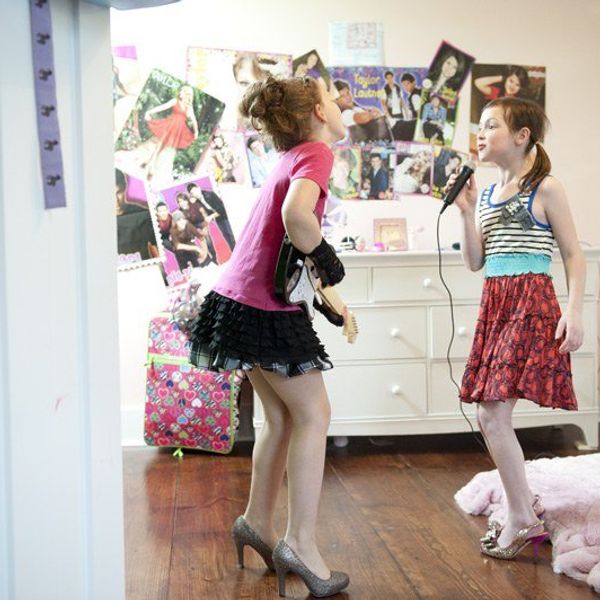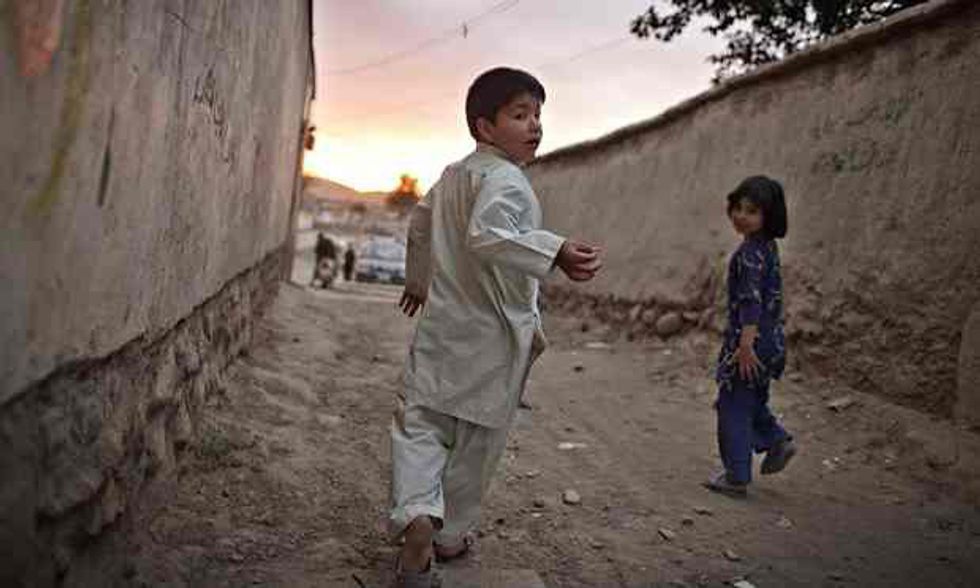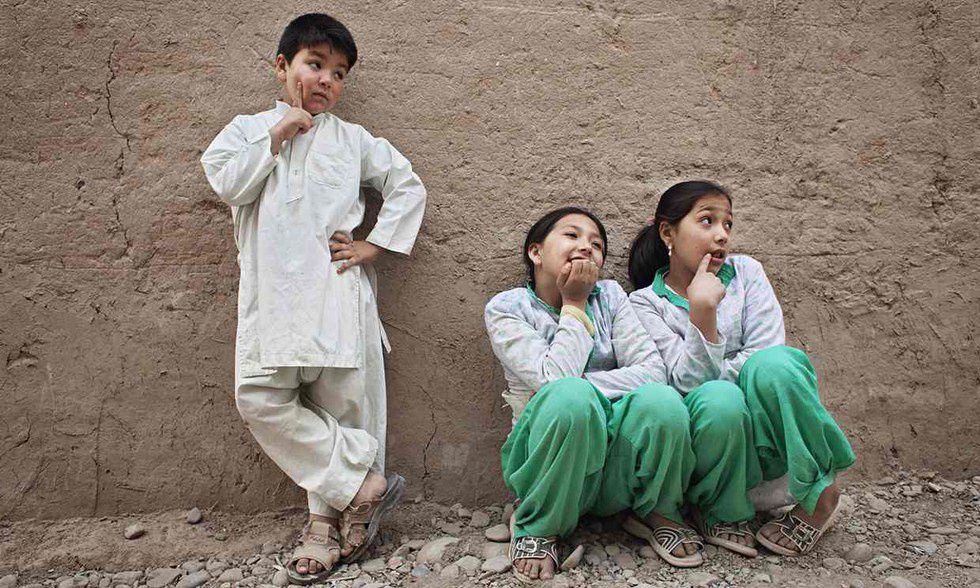In Afghanistan, many young girls dress up as boys on a daily basis. Families are understood to be "weak" and "vulnerable" if they do not have a boy who is able to carry on the family name and inherit the father's wealth.
In Afghanistan, a strict Muslim society, daughters in families are referred to as "bacha posh," a Dari word which specifically means "dressed up as boys."
A sociologist from Kabul noted that this practice of disguising girls as boys has been around since women needed to dress up as men to fight, or to be protected, during times of war. While Habibulah Khan was on the throne, women clothed in men's clothing would guard his harem.
The Taliban, an extremist group that controlled the county's government in 1996, imposed strict segregation laws that prohibited contact between men and women, with the exception of family. Women were ordered to stay inside unless they were escorted by their husband or brother. This triggered the urge of several young women to become independent.
Since then, Afghan families have pushed their daughters to become a "bacha posh" mainly due to social pressures from the seemingly misogynistic society, their economic standing, and superstition that it will lead to the birth of an actual son.
As a "bacha posh" girls can receive an adequate education and jobs outside of the home are much easier than they would be if they dressed as a girl.
Parents usually cut their daughters' hair, dress them up with typical male Afghan clothing, and change their name. Once they enter puberty, or their marriageable age, the girls can wear women's clothing, if they cover their ankles, wrists, hair, and every curve on their body. This change is only acceptable if the parents permit it.
As the young women return to perceived womanhood, some may have difficulty adjusting to a woman's lifestyle, especially because they have retained manly habits over the years.
Some even decide to not get married.
This is unusual in Afghan culture where women engage in an arranged marriage.
Shukria Siddiqui's family arranged for her to marry the owner of a small construction company. Due to being a "bacha posh," she was never asked to cook in her life and once she dressed as a woman, she easily fell over her burqa. She commented,
"When you change back, it is like you are born again, and you have to learn everything from the beginning. You get a whole new life. Again."










 The minimum wage is not a living wage.
StableDiffusion
The minimum wage is not a living wage.
StableDiffusion
 influential nations
StableDiffusion
influential nations
StableDiffusion












